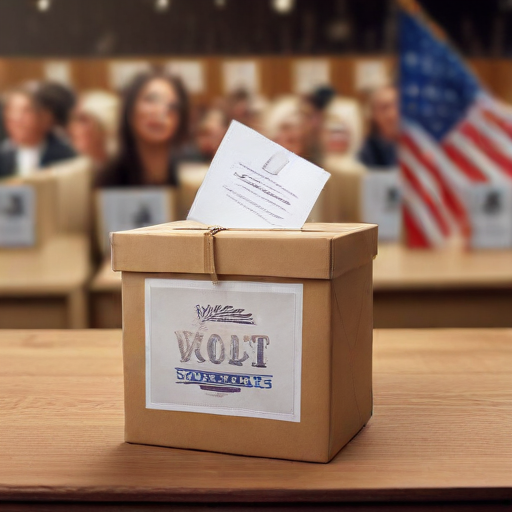Despite Election Day not being a designated holiday in the United States, many employers across the country provide their staff with time off to vote. While 28 states and numerous businesses have measures in place to guarantee employees the opportunity to participate in elections, the absence of federal legislation means that some workers may face financial repercussions if they need to leave work for voting.
The push to make Election Day a federal holiday has been tabled several times, with the most recent attempt introduced by Rep. Anna Eshoo, a Democrat from California, through the Election Day Holiday Act. This initiative is currently stagnant in Congress. Eshoo highlighted a study indicating that 26% of Americans missed voting due to work commitments or other responsibilities. She stated, “No one should be unable to vote because they have to work or care for a family member.”
During the last presidential election, voter turnout among eligible Americans reached 62.8%, marking the highest rate in decades, although the figure still lags behind voting participation in several other developed nations.
The selection of a Tuesday in November for Election Day traces back to the needs of 19th-century farmers. As many people relied on agriculture, Congress chose this day so individuals would have adequate time to travel, particularly since many attended church on Sundays and needed a full day for the journey.
As it stands, many parents find themselves juggling work obligations and childcare on Election Day, especially since schools often serve as polling places and are closed for the day. To address these challenges, organizations like Politisit are offering complimentary childcare services in various states, including Georgia, New York, and Texas.
In terms of voting leave laws, employers in 28 states and the District of Columbia must grant employees time off to vote without suffering financial penalties, with North Dakota also advocating for employees to be given this time, although not mandating it.
On the corporate side, more than 2,020 businesses have joined the Time to Vote initiative, a nonpartisan movement launched in 2018 to encourage democratic participation by committing to give workers the time necessary to cast their ballots. Notably, Ikea has joined the ranks this year by providing up to two hours of paid time off for employees working over 20 hours per week.
In summary, while challenges remain regarding workplace flexibility on Election Day for many Americans, the growing recognition of the need for voting access is encouraging, highlighted by both legislative proposals and proactive measures from companies willing to support their employees in exercising their democratic rights. This indicates a positive trend towards enhancing voter participation in the U.S. elections.
